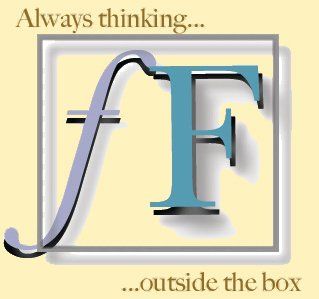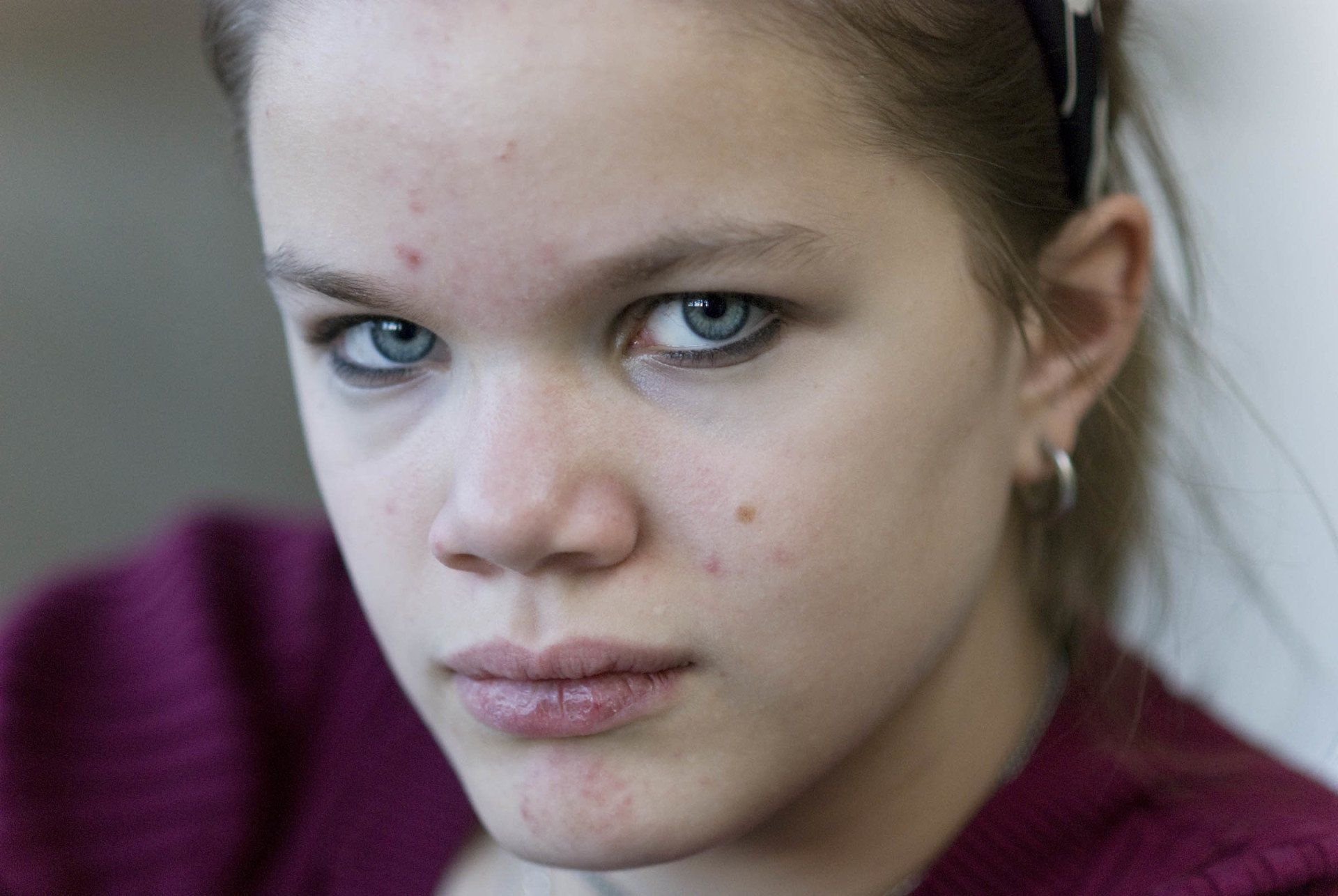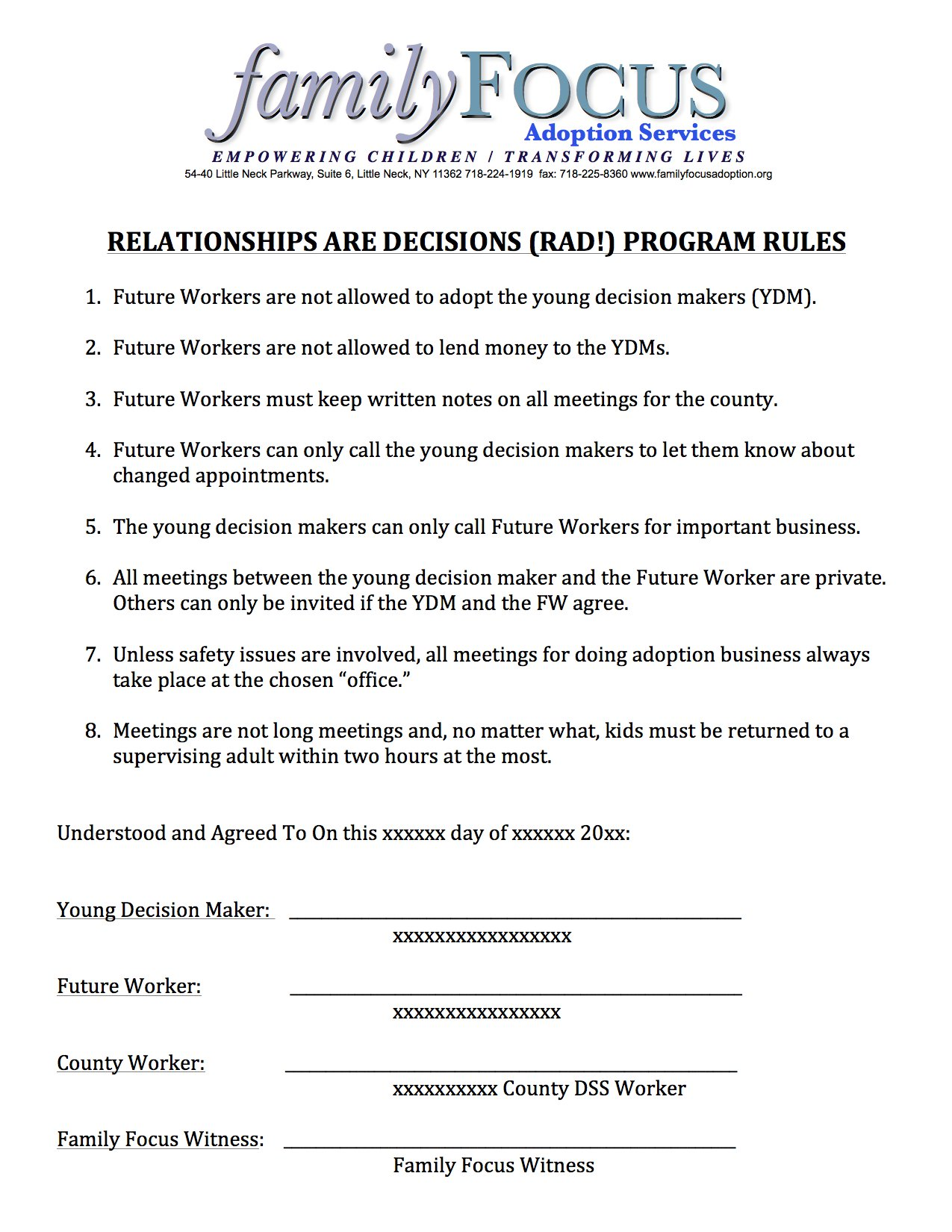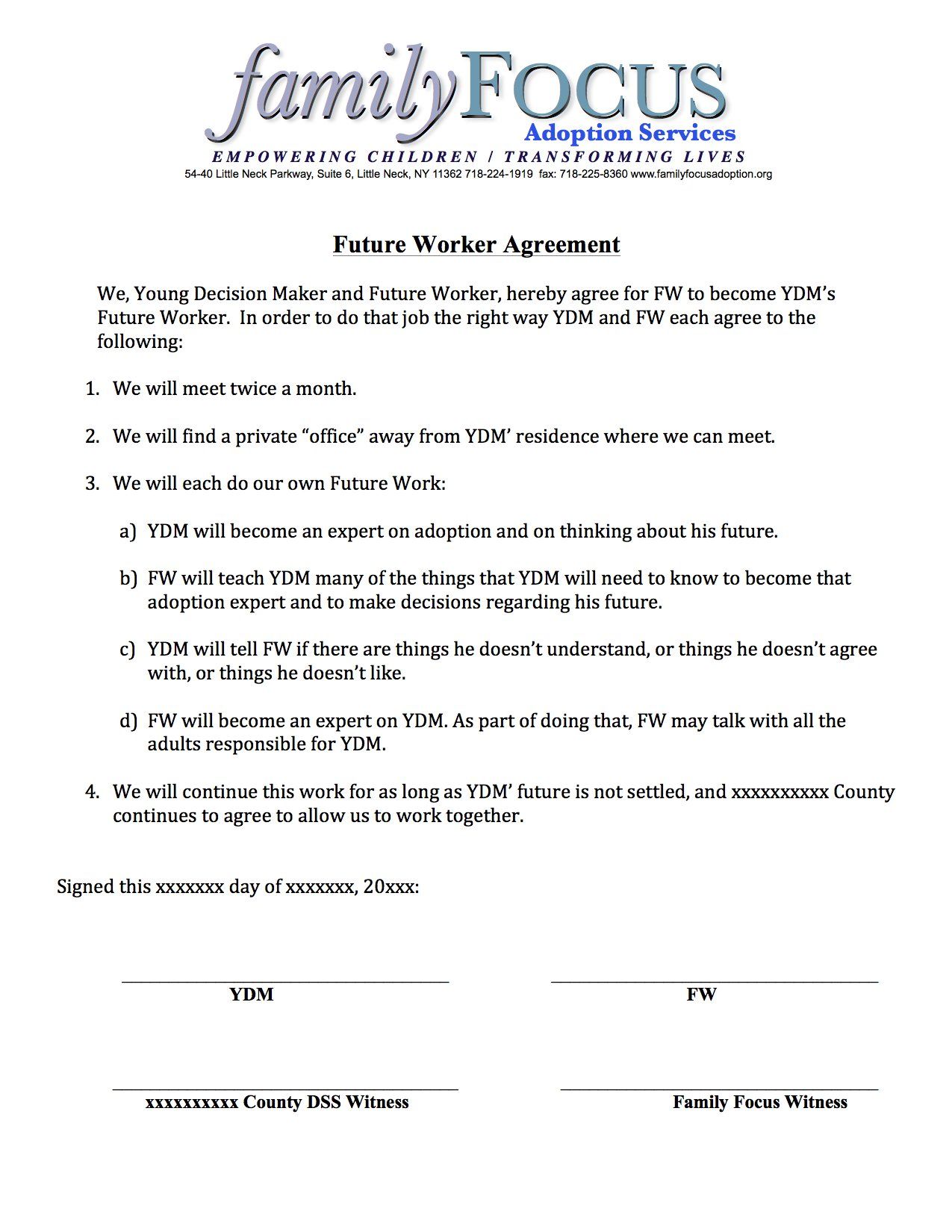PREFACE
When the government takes responsibility for a child by bringing the child into foster care, the many roles of a parent are now split, most often temporarily, among three different parties.The government itself, through family courts and DSS, takes on the job of financially supporting, and placing the child, and overseeing, if not determining, the short and long term future of the child. The foster care providers - whether foster parents, group home staff, or institutional workers - take on the short term day-to-day decisions that parents ordinarily make regarding the physical, educational, medical, and emotional care of the child. And, finally, the family of origin remains the people who, after whatever interventions are provided, will eventually take back permanent responsibility for the child.This three legged stool of support gives the children - more or less - what they need to grow to maturity. However, as a society - outside of adoption - we have never found a good substitution for that third leg. So, when a child is freed for adoption, and a new family does not become a forever family, the third leg of the stool disappears, causing the stool, sooner or later, to collapse.These children become the multiply-betrayed children of the system. While they need parents desperately, they are not ready to live within families. Putting them into families prematurely makes their situations far worse when the families (inevitably for the children who qualify for our program) give them up and walk away. Even in group settings, these children exhaust caregivers. They have an outsized impact on the child welfare system and their placement costs until adulthood can easily total over a million dollars. Many of these children, though not all, carry a diagnosis of Reactive Attachment Disorder. All of them appear "stuck." And it is apparent that they have learned and deeply believe that relationships - certainly with adults - are dangerous. The key to giving back to these kids their future is to give them a relationship that will reveal to them that [RAD!] Relationships Are (also) Decisions
INTRODUCTION
The children referred to Family Focus Adoption Services are the children for whom neither birth family reunification nor adoption by the current foster parents are options any longer. Among this referral population are the most difficult to place children in the system, especially children with a diagnosis of Reactive Attachment Disorder. Many of these children have burned through (and burned out) a number of adoptive homes. Almost all of these kids have multiple diagnoses, and many are in group care, often residential treatment centers. Each one of them has cost the county taxpayers enormous amounts of money. One director has referred to them as the "Million Dollar Children." We think that two million is more realistic. And still, despite this expense, there is a gap in services that practically guarantees that these kids will - through no fault of their own - become kids without positive futures. The counties are at a loss as to what to do with them, and the goals of the residentials necessarily focus (primarily) on current behavior. Yet, without the life long support that families provide, many of them will age out into the adult services programs, or worse. And when they have their own children, everything becomes generational and the cycle continues. A new model – an adoption readiness model – is called for.
THE PROGRAM - FUTURE WORKERS
As an adoption agency - exclusively - Family Focus is in the protected position (because we don't have to deal with foster care emergencies) of being able to concentrate on the adoption preparation needed by this traumatized and vulnerable population of multiply betrayed children prior to adoptive placement. A model for that work would necessitate that the kids remain in their foster care placements – whether the current one or a different one – until ready for adoptive placement.
In early 2013, Family Focus began a pilot program, Relationships Are Decisions (RAD!) based primarily out of Albany, allowing for that exact work. Currently, from eight counties, there are twelve different children enrolled, with four more counties looking at enrolling one each. It is no longer a pilot.
This one worker - one child program not only has each child assigned to a worker, but each worker assigned to one child. These workers are called "Future Workers." Each Future Worker has been carefully and deliberately chosen by us for their non-bureaucratic approach to relationships. Each has direct service child welfare experience of long standing. It is a part-time job for them of about 25 hours a month, including all the driving required. Each has individual telephone and email supervision throughout the month, and monthly in-person group supervision and training for four hours one Saturday a month. Each worker is asked to make a three-year commitment to the program.
Very different than the usual practice, our Future Workers are not limited by geography. They will meet with their client no matter where the client's residence might be or change to in the future, within two hundred miles of our Albany, Newburgh, or New York City offices. Longer distances would require more flexibility to figure out.
Our Future Workers fill that gap in services that we referred to earlier. They are neither therapists, nor teachers. They are not acting as social workers, child-care workers, nor case managers. They are not big brothers/big sisters, nor mentors. Their role is a new one in the system. The worker's job is to develop a consistent, protective and supportive relationship with the child, focused - together - on the child's future. When that future is settled - hopefully through adoption - the relationship would come to its natural end. We expect the relationship building to take about a year and to be safely and deeply established before we would dare to introduce the child to any possible family.
THE PROGRAM
The work with the child would take place during twice-monthly meetings. These meetings would take place away from the child's residence, in a public place of the child's choosing, such as McDonalds, to be used as an "office." Each meeting is no longer than two hours from picking up the child to the return of the child. Each meeting would have future work to be done, consisting of relationship and adoption themes that are also taught in our parent training classes. This parallel teaching (given to all our families prior to their being certified) provides child and family with a common language regarding feelings, boundaries, rules, roles, respect, cultural norms, broken adoptions (many had what we call counterfeit adoptions), irrelevant truths, attachment, caring, and love. The object is to widen the children's perspective – as we do with our families – on what it means to be part of an adoptive family, and for them to recognize and value the protective power of thinking.
Because each worker has been "hired" by the child to help the child figure out his/her future, with the optimum goal of adoption, each child signs a contract for this work, and also signs an acknowledgement of the rules of the relationship. For example, Rule # 1: All future workers are forbidden to adopt the kids.
Since an adoptive family may not be able to be found for every one of these kids, or the child may decide against adoption, the secondary goal is to get the children feeling safe enough that they can be moved to a lower level of care.
If a family is found, however, stage two would be a very long visiting transition process. The child and the worker (and of course the county) would evaluate together each visit along the themes already explored in stage one. Stage three would have the child move in with the family and go through FFAS's In-House Transition process, with the Future Worker remaining in relationship with the child through to finalization.
OUR RELATIONSHIP WITH THE COUNTIES
Until and unless the children are adopted, their guardians are their home counties, in the person of their county caseworker. Caseworkers may change, but the county overseeing remains consistent. That consistency – placements come and go – is the only consistency these kids may have until they grow up.
All of our work begins with that fact. We will not see a child until and unless the county caseworker has secured the child's permission for us to come talk to them. Our first meeting with the child always has the county caseworker present, at least by phone. The county caseworker is the final signator on the contracts we sign with the kids. All our meeting notes are emailed directly to the county caseworker within 72 hours. It is the county that will approve any family that steps forward to adopt one of our RAD! Program kids.
We want the kids to understand that the county caseworker is the boss, no matter where the kid lives or what program he is in, including ours. We need that to reinforce the sense of protection that the kids must have, and that can only come from the ultimate (and permanent) authority that is their county.
Because our RAD! Future Workers, by design, are part-timers, they all have other jobs. Therefore, all needed county and school meetings can be covered by our supervisory/ administrative staff.
THE HOPE
It only makes sense that an adoption agency is the right place for an adoption readiness program. Family Focus was created by adoptive parents; our board consists of mostly adoptive parents; many of our staff are adoptive parents. Over the years, we have developed approaches, programs, and training to meet the needs of this population of children. The RAD! Program is the culmination of decades of adoption expertise and adoption experience. Our hope is that through this program every child, no matter their histories, will be able to finally – and successfully – connect with an adoptive family.






